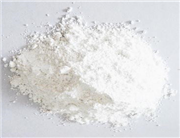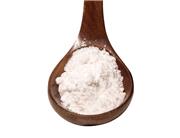Product Description
| Name | 2-NITROSO-1-NAPHTHOL | EINECS | 205-064-5 |
| CAS No. | 132-53-6 | Density | 1.27 g/cm3 |
| PSA | 49.66000 | LogP | 2.94330 |
| Solubility | SLIGHTLY SOLUBLE | Melting Point | 150-155 °C (dec.)(lit.)
|
| Formula | C10H7 N O2 | Boiling Point | 357.6 °C at 760 mmHg |
| Molecular Weight | 173.171 | Flash Point | 170.1 °C |
| Transport Information | N/A | Appearance | purple-yellow solid. |
Appearance and properties: purple - yellow solid
Density: 1.27g /cm3
Boiling point: 357.6ºC at 760 mmHg
Melting point: 150-155 °C (dec.)(lit.)
Flash point: 170.1ºC
Water solubility: SLIGHTLY SOLUBLE
Stability: Stable under normal temperatures and pressures.
Storage conditions: Keep container closed when not in use. Store in a tightly closed container. Store in a cool, dry, well-ventilated area away from incompatible substances.
Vapor pressure: 1.31E-05mmHg at 25°C
Production method
Obtained from 1-naphthol by nitrosation.
1. After nitration dissolves sodium hydroxide in water, add 1-naphthol in the mixing box. Filter, keep the filtrate at 0-5℃, add drought sodium nitrite solution, and then slowly add acetic acid. Then use 1:4 dilute hydrochloric acid to adjust the pH, so that the red Congo test paper is blue. Use starch potassium iodide test paper to control the point, continue stirring for half an hour, filter out nitrification, wash until not acidic, dry.
2. Removal of isomers nitrosation also produces 4-nitroso-1-naphthol, which can be removed by the following method, that is, potassium hydroxide dissolved in alcohol, slowly add dry nitrating, at this time the reaction temperature is maintained at 60℃, add up, continue to stir for 10min. Let cool, strain out the coarse product, soak in ethanol, and strain. The final refined product is obtained.
2. Stir and add α-naphthol to the sodium hydroxide solution, filter out the insoluble matter. The temperature of the filtrate was controlled from 0 to 5℃, sodium nitrite solution and acetic acid were added successively, and then the value was adjusted with 1:4 dilute hydrochloric acid to make the Congo red test paper blue. The reaction endpoint was controlled with starch potassium iodide test paper. After the reaction is over, continue to stir for half an hour, filter, and then wash the nitrification with water to crystallize until it is not acidic and dry. The dry nitration crystals were slowly added to the ethanol solution of potassium hydroxide under agitation at a temperature of 60℃. After that, the dry nitration crystals were continued to stir for 10min and left to cool naturally. The filtered crystals were soaked in ethanol and then filtered to remove the isomers. The obtained crystals were dissolved in hot distilled water, the activated carbon was added for decolorization, and hydrochloric acid was added under agitation until the ph of the filtrate was 5. The precipitated precipitate is washed once with distilled water, and then recrystallized with ethanol to obtain the finished product.
Use
For the determination of cobalt; Zirconium; Copper; Iron and palladium. It can also be used in organic synthesis. Used as a chromogenic agent for spectrophotometric determination of cobalt, zirconium, etc. It is also used as an extractant for metal ions such as palladium. It is also used as an intermediate in organic synthesis.
Company Profile
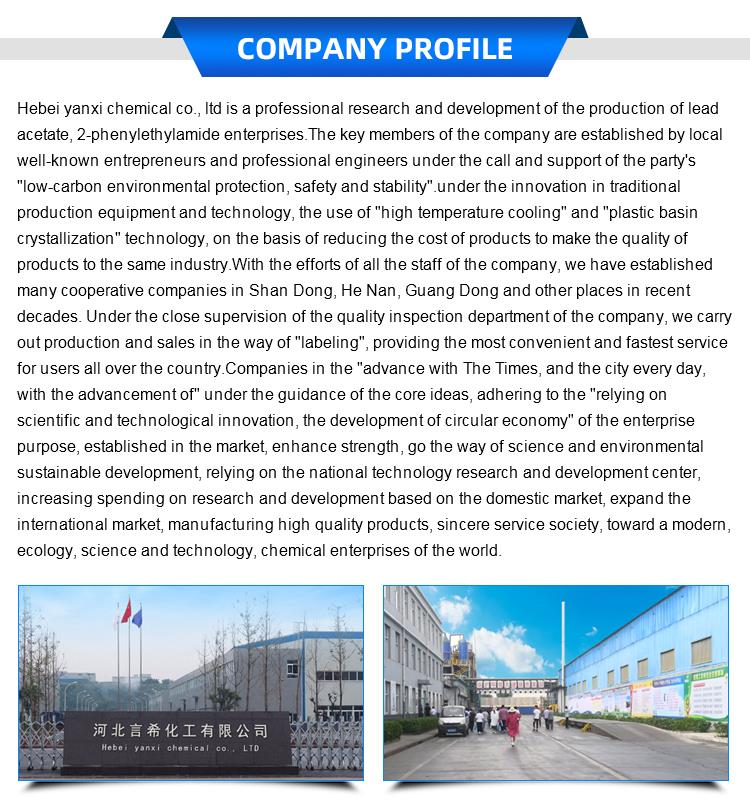

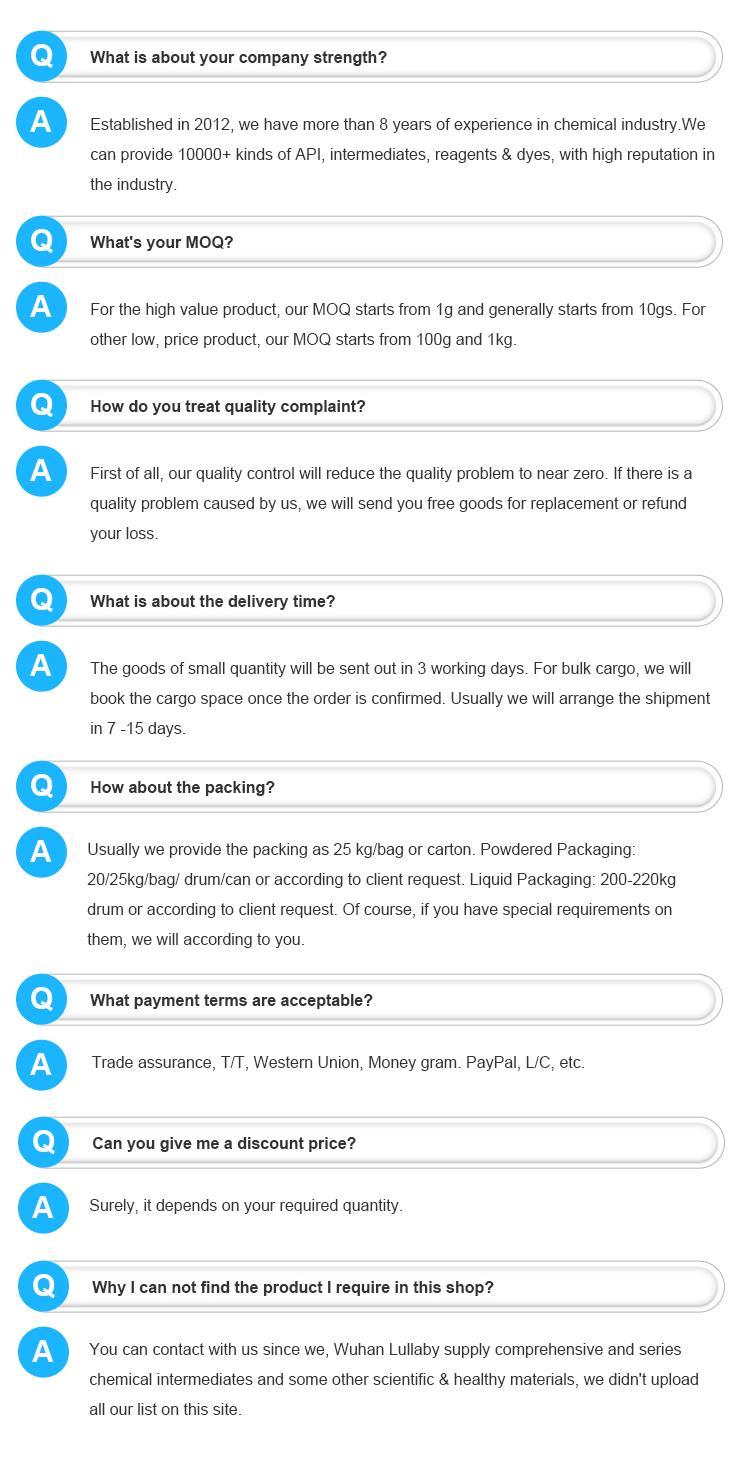

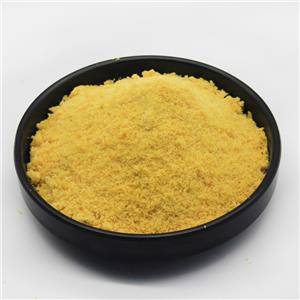
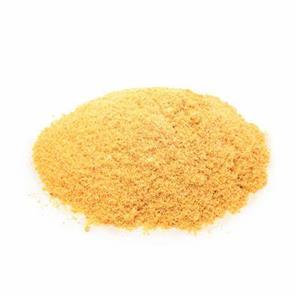
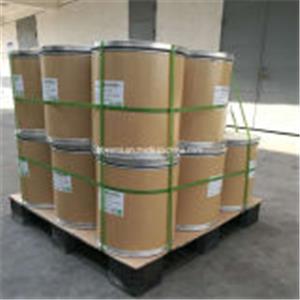
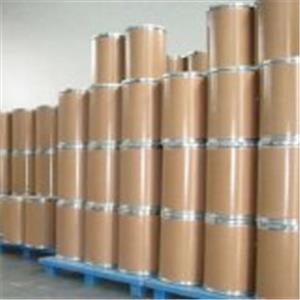

 China
China


